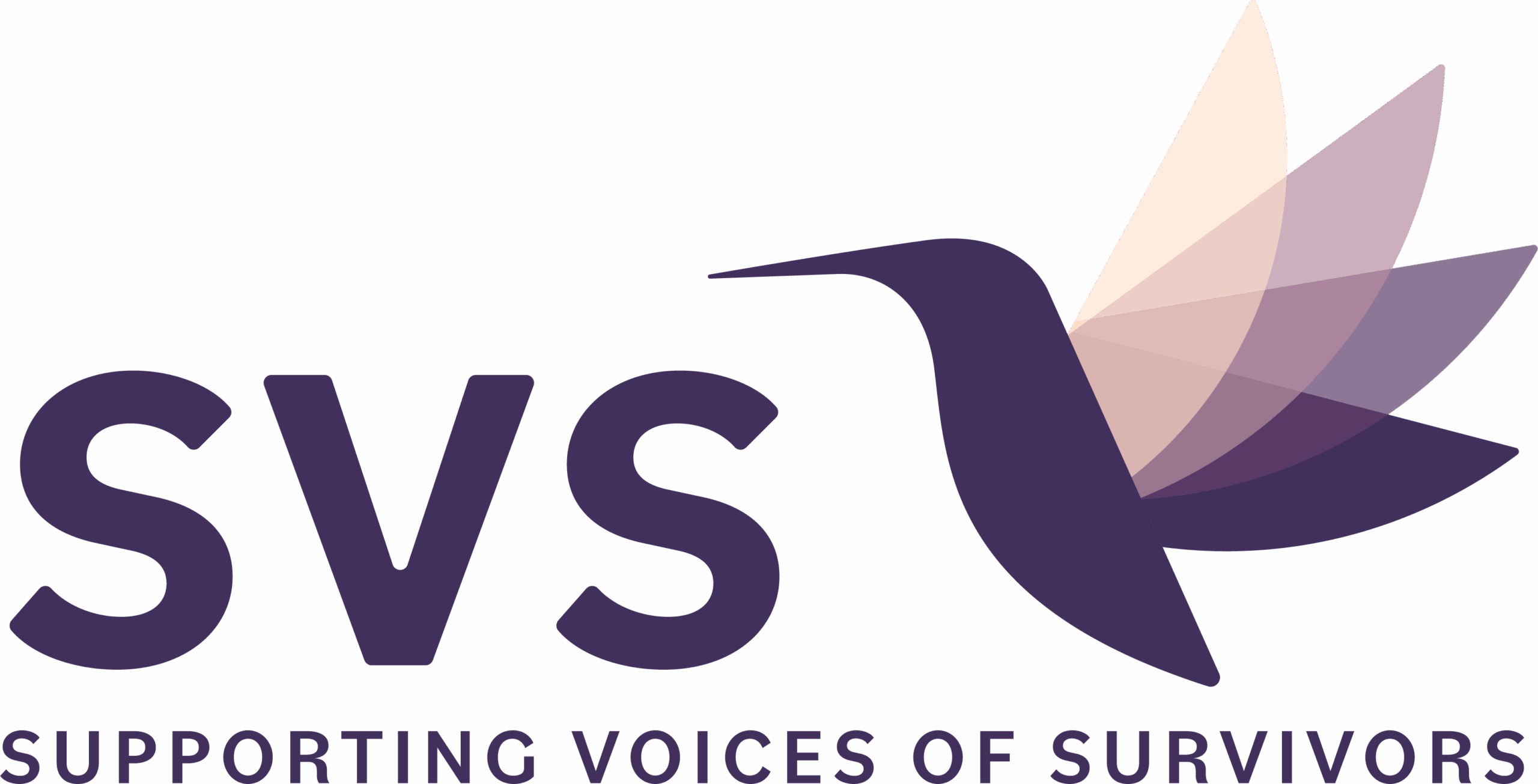How Teens Can Support Friends Experiencing Dating Violence

Teen dating violence is more common than many realize, affecting nearly 1 in 3 adolescents in the U.S. February is Teen Dating Violence Awareness Month, a time to shed light on this critical issue and empower teens to support their friends in unhealthy relationships. Whether it’s emotional, physical, or digital abuse, knowing how to help can make a lasting difference.
1. Learn the Signs
Recognizing the red flags of dating violence is the first step to offering support. A friend may be experiencing abuse if their partner:
- Controls who they see, what they wear, or what they do
- Isolates them from friends, family, or activities they once enjoyed
- Puts them down through insults, gaslighting, or threats
- Physically hurts them—pushing, hitting, or harming them in any way
- Monitors their phone or social media, demands passwords, or pressures them to send explicit photos
Many teens don’t recognize these behaviors as abusive or feel pressured to stay in their relationship. That’s why your support can be a lifeline.
2. Create a Safe Space for Conversation
If you’re worried about a friend, start by letting them know you care. Choose a private moment to check in and use open-ended questions like:
“I’ve noticed you don’t seem yourself lately. Is everything okay?”
“I’m always here if you ever want to talk.”
It’s important to listen without judgment and avoid statements like, “Why don’t you just leave?” Leaving an abusive relationship is often complicated due to fear, emotional attachment, or even threats. Your role isn’t to force them into action, but to let them know they have options.
3. Offer Support, Not Pressure
Your friend may feel ashamed, confused, or afraid to take action. You can help by:
Validating their feelings:
“What’s happening isn’t your fault. You deserve to feel safe and respected.”
Reassuring them:
“You’re not alone, and I’m here for you.”
Encouraging them to seek help: A school counselor, trusted adult, or a domestic violence organization, like SVS, can provide guidance.
If they’re not ready to take the next step, that’s okay. Keep the lines of communication open so they know they can turn to you.
4. Help Them Make a Safety Plan
If your friend is in immediate danger, encourage them to reach out to an adult or a support service. Otherwise, help them create a safety plan that might include:
- Identifying safe places to go if they feel threatened
- Saving emergency contacts in their phone, including hotlines
- Creating a code word they can text you if they need help
- Encouraging them to trust their instincts is key. If something feels unsafe, it probably is.
5. Stand Up & Speak Out
Abuse thrives in silence, so raising awareness is powerful. As a friend, you can:
- Call out unhealthy behaviors when you see them—whether in relationships or social media trends that normalize control and jealousy.
- Support awareness campaigns like NO MORE or Love Is Respect.
- Educate others by sharing resources with your school or community.
- By being an informed and compassionate friend, you can help break the cycle of teen dating violence.
6. Take Care of Yourself Too
Supporting a friend through an abusive relationship can be emotionally draining. Set healthy boundaries and reach out to a trusted adult or counselor if you need to talk. You can’t pour from an empty cup, and your well-being matters too.
Where to Get Help
If you or someone you know is experiencing teen dating violence, help is available:
- National Dating Abuse Helpline: 1-866-331-9474 (or text “LOVEIS” to 22522)
- SVS Hotline: 801-255-1095
- Tooele Hotline: 435-231-3557


